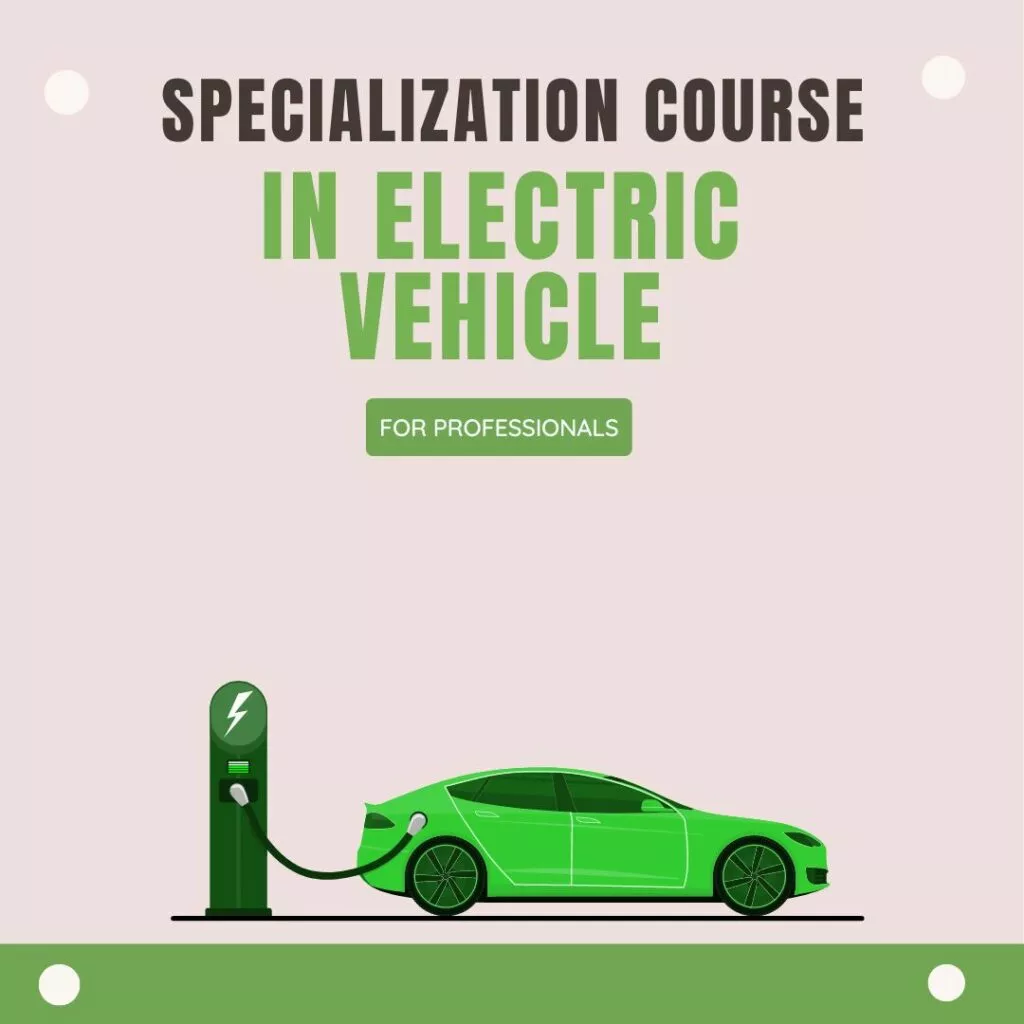Introduction:
Electric Vehicle Syllabus for Schools:
As the world embraces the shift towards sustainable transportation, it is crucial to educate the younger generation about the benefits and technology behind electric vehicles (EVs). Including an Electric Vehicle Syllabus in schools can play a significant role in fostering environmental consciousness and creating a foundation for a sustainable future. In this blog post, we will explore the importance of an Electric Vehicle Syllabus for schools, its potential contents, and the impact it can have on shaping the mindset of students. Let’s delve into the world of EV education in schools.
Why an Electric Vehicle Syllabus for Schools is Important
Incorporating an Electric Vehicle Syllabus for schools serves multiple purposes. It introduces students to sustainable mobility concepts, raises awareness about the environmental benefits of EVs, and provides insights into the technology and infrastructure supporting electric transportation. By integrating this syllabus, schools can contribute to shaping environmentally conscious citizens and encouraging the adoption of electric vehicles in the future.
Potential Contents of an Electric Vehicle Syllabus:
An Electric Vehicle Syllabus can cover various topics to provide a comprehensive understanding of EVs. Some potential contents that can be included are:
Introduction to Electric Vehicles:
Exploring the history, development, and types of electric vehicles, including hybrid and fully electric models.
Environmental Benefits of Electric Vehicles:
Understanding the positive impact of EVs on reducing greenhouse gas emissions, air pollution, and dependence on fossil fuels.
Electric Vehicle Technology and Components:
Explaining the key components of an electric vehicle, such as the electric motor, battery, regenerative braking, and power electronics.
Charging Infrastructure and Battery Technology:
Discussing the various charging options, including home charging, public charging stations, and fast-charging networks. Exploring battery technologies and their advancements.
Electric Vehicle Safety and Maintenance:
Emphasizing the importance of safe practices when dealing with electric vehicles and educating students about regular maintenance requirements.
Electric Vehicle Policies and Government Initiatives:
Introducing students to government policies, incentives, and initiatives aimed at promoting electric vehicles and sustainable transportation.
Electric Vehicle Future and Career Opportunities:
Discussing the potential for growth in the electric vehicle industry and highlighting career paths and opportunities related to EV technology.
Benefits of Including Electric Vehicle Education in Schools:
Integrating an Electric Vehicle Syllabus in schools brings several benefits. It helps students develop a sustainable mindset, encourages them to make environmentally conscious choices, and prepares them for the future job market, which will see an increased demand for EV-related skills. Additionally, it equips students with the knowledge and tools to actively participate in the transition towards sustainable mobility.
Conclusion:
An Electric Vehicle Syllabus for schools can play a vital role in educating the younger generation about sustainable transportation and the benefits of electric vehicles. By including topics such as EV technology, environmental benefits, charging infrastructure, and government initiatives, schools can empower students to make informed choices and become advocates for a greener future. By planting the seeds of knowledge early on, we can foster a generation that embraces electric mobility and contributes to a sustainable planet.






















